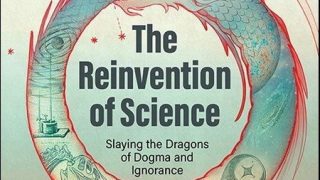
Euclid’s fifth postulate, the inside story
I am these days reading the delightful (though at times quite demanding) Reviel Netz’s A New History of Greek Mathematics, and I have not resisted the temptation of sharing with you some of the many pearls it contains. One of the most interesting aspects of the book is that it is not a mere ‘survey’ […]








